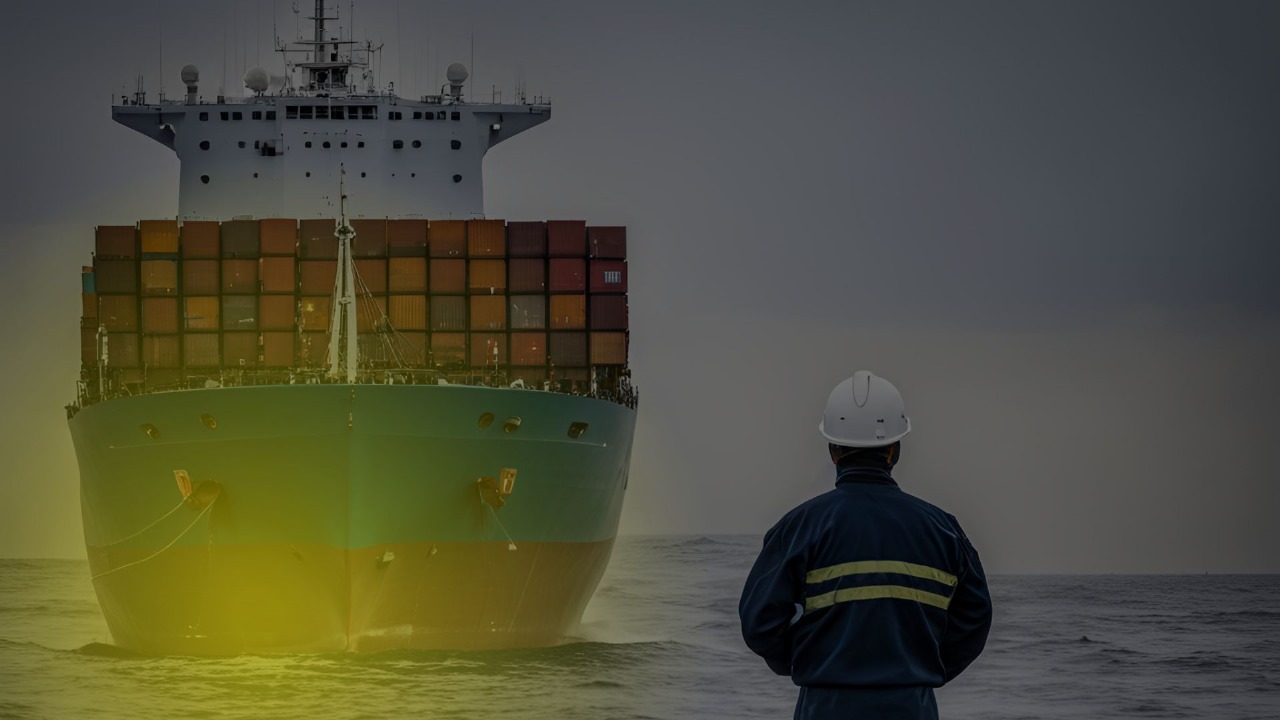Seafaring is one of the world’s most demanding professions, requiring resilience, adaptability, and commitment. Yet, beyond the physical and mental rigors of the job, seafarers face a host of challenges that impact their quality of life and job satisfaction. From contract uncertainties to limited free time and complex crew change processes, these issues add layers of difficulty to an already challenging profession.
The Strain of Short-Term Contracts and Uncertainty
For many seafarers, job stability is uncertain. Unlike traditional employment, contracts are often short-term and project-based, leaving crew members unsure about their future employment. This instability is well-documented by maritime researchers, who highlight the pressures associated with crew management operations and the challenges of maintaining a consistent, qualified workforce in an industry where cultural differences and diverse needs are often overlooked.
Limited Free Time and Isolation
The nature of life at sea means extended periods away from family and friends, with minimal free time for rest and recovery. Researchers emphasise the critical role of cultural sensitivity and human resource frameworks that support crew welfare, noting that the absence of these considerations can impact crew morale and mental well-being. Limited shore leave due to port restrictions often leaves crew members unable to relax or recharge in meaningful ways, contributing to feelings of burnout and isolation—a condition exacerbated by the mental demands of the profession.
Crew Change Complexities
Crew changes are essential for maintaining operational continuity, yet they are fraught with logistical and regulatory challenges. Key highlight is the need for integrated systems that verify credentials and manage shifts across global time zones efficiently.
Extensive Research to Tackle Maritime Challenges
Addressing these challenges requires more than just a surface-level understanding; it demands in-depth research and collaboration across the industry. Currently, extensive studies and initiatives are underway to find innovative solutions that enhance efficiency, streamline operations, and improve crew welfare. This research involves maritime experts, regulatory bodies, and technology pioneers working together to transform traditional practices into modern, efficient systems.
As part of this effort, Intellar is actively engaged in researching and developing solutions that target these specific issues. Supported by the Research and Innovation Foundation (RIF), Intellar’s ongoing projects are dedicated to understanding the intricacies of crew management, compliance, and operational efficiency. By partnering with key stakeholders and leveraging the latest industry insights, Intellar is committed to leading the way in transforming the maritime industry, ensuring that companies are better equipped to face future challenges
Addressing Seafarers’ Needs through Research and Innovation
The issues faced by seafarers are critical, and solutions require a deep understanding of their unique work environment. Extensive research is underway across the industry to address these challenges, focusing on improving contract stability, enhancing well-being, and streamlining crew change logistics.
Intellar is committed to creating meaningful changes that improve the lives of seafarers and enhance the efficiency of maritime operations worldwide. By addressing the root causes of these challenges, Intellar is poised to make a lasting impact on the future of maritime operations.

